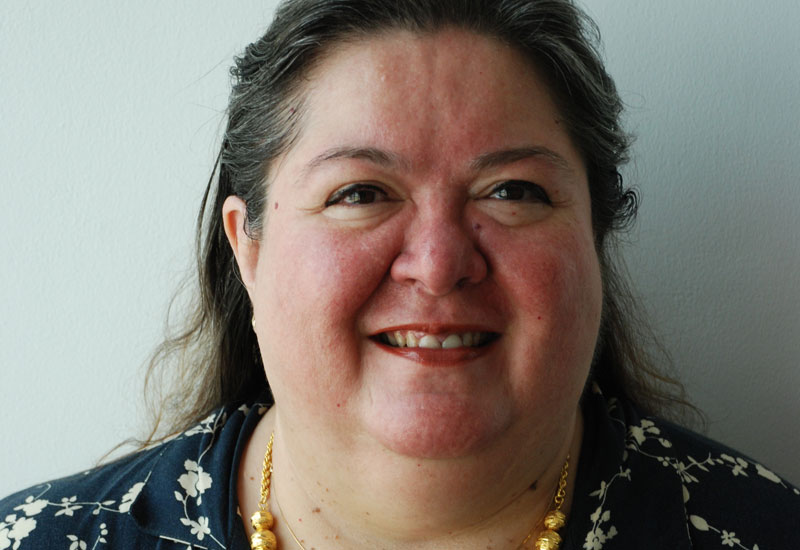A lot of people in our industry are talking learnedly these days about ‘millennials’. Apparently, if you are a hotel developer or operator, these are the people you need to be appealing to when designing your facilities and services. But who exactly are they?
If you buy into the popular caricature, they are a generation of demanding and anti-social young people who are addicted to their smartphones and tablets. They would rather text someone across the world via Facebook (or any of the newer, hipper social media platforms), than to address someone standing in front of them. Obnoxious know-it-alls, they will sit in your restaurants and write catty comments on TripAdvisor, rather than actually complaining to the waiter and giving him a chance to remedy any service shortfall.
If you buy into this mythology, millennials would rather book, check in, order their meals and check out using their hand-held devices, without ever opening their mouths to address any of your staff.

| Advertisement |
Here lurks the fearsome spectre of the so-called ‘humanless hotel’! If you watch the BBC’s technology programme Click, you may have seen their recent review of the Japanese Henn na or ‘Weird hotel’, which is entirely staffed by robots.
The presenter Spencer Kelly falls about with mirth as a robot receptionist — who happens to be in the form a dinosaur —greets him in incomprehensible English. Weird is right. While admiring of such technological innovations as face-recognition door entry systems and voice-controlled lights, Kelly’s tongue-in-cheek report implies the vital importance of human interaction in the hospitality industry, which should always be about people serving people, however much both guests and staff may be assisted by technology.
There is now a body of myth-busting analysis available to aid our understanding of millennials.
No lesser organisation than the Council of Economic Advisors at the White House issued a report in 2014 on the subject. The US Census Bureau defines millennials as those born between 1980 and 2004. They made up about one third of the US population in 2013.
Interestingly, the latest generation (born from 2005 to the present) is known, rather depressingly, in the US as the Homeland generation, while the previous one, Generation X, was born between 1965 and 1980.
According to the White House report, it is true that millennials are well ‘connected’ technologically, for this reason: “Since personal computers were introduced to schools in the late 1970s, technology companies have innovated at startling speed, often rolling out a groundbreaking new platform or computer model every year. Because much of this period of innovation coincided with millennials’ childhoods, it has shaped the ways that millennials interact with technology and seems to have affected their expectations for creativity and innovation in their own work lives.”
Three-quarters of US millennials have an account on a social networking site, according the report, compared with only half of ‘Generation Xers’ and less than a third of the Baby Boomers (born between 1946 and 1964). “The impacts of these practices have extended beyond millennials’ peers to their families,” continues the report. “For instance, the Wall Street Journal reported that this is the first generation to also have tech-savvy parents, and that some millennials use texting or online chat to have running conversations with their parents throughout their day.”
In other words, millennials use social media for the true purpose for which it was invented: to be more sociable, not less. The report explains the millennials are much closer to their parents than previous generations, because their parents were able to spend more time with them. This has led to millennials wanting to make greater contributions to their communities as well.They also study more and harder, with a more specific focus on their expected careers than older generations. With better credentials, they earn more too.
Seems like these millennials are actually a force to be reckoned with, valuing family, community, creativity, innovation and achievement. How does that knowledge shape your hotel development or operational plans?









 Search our database of more than 2,700 industry companies
Search our database of more than 2,700 industry companies









